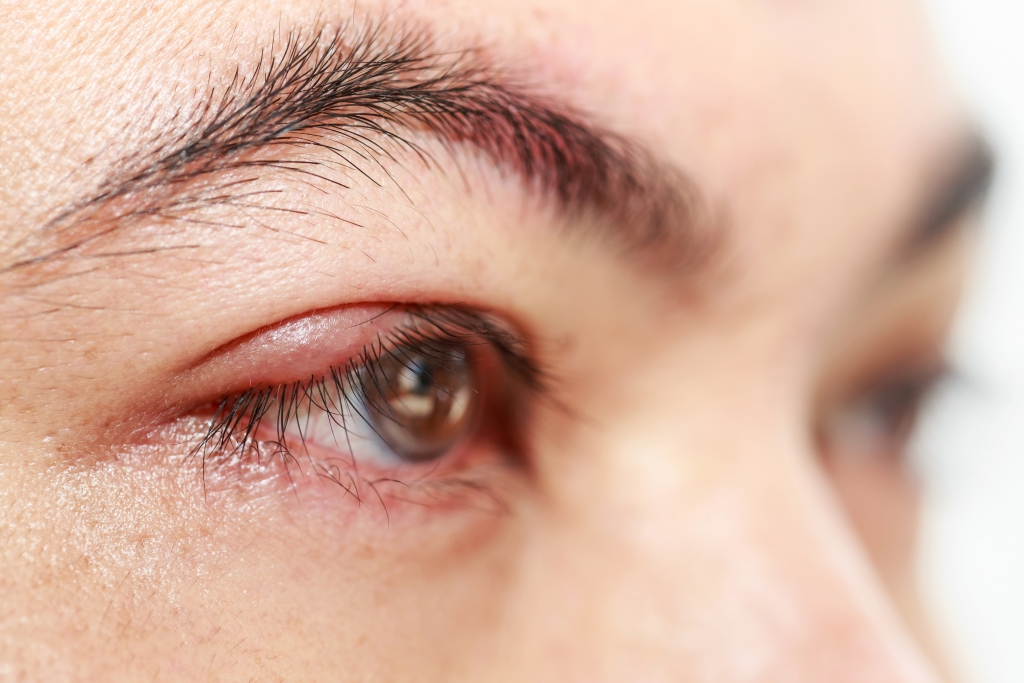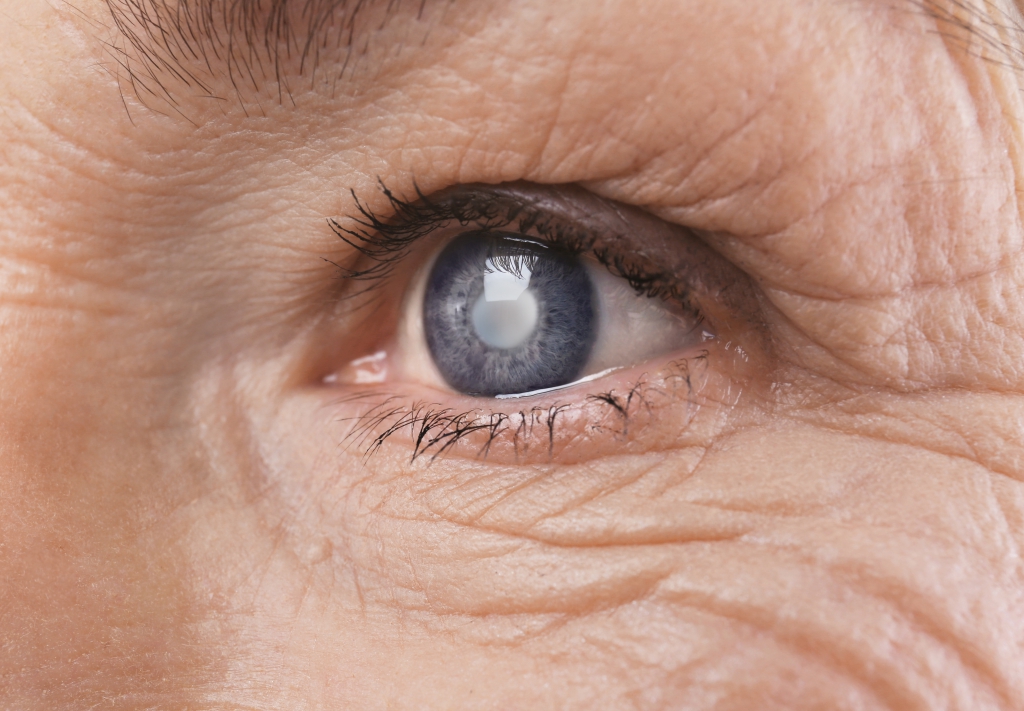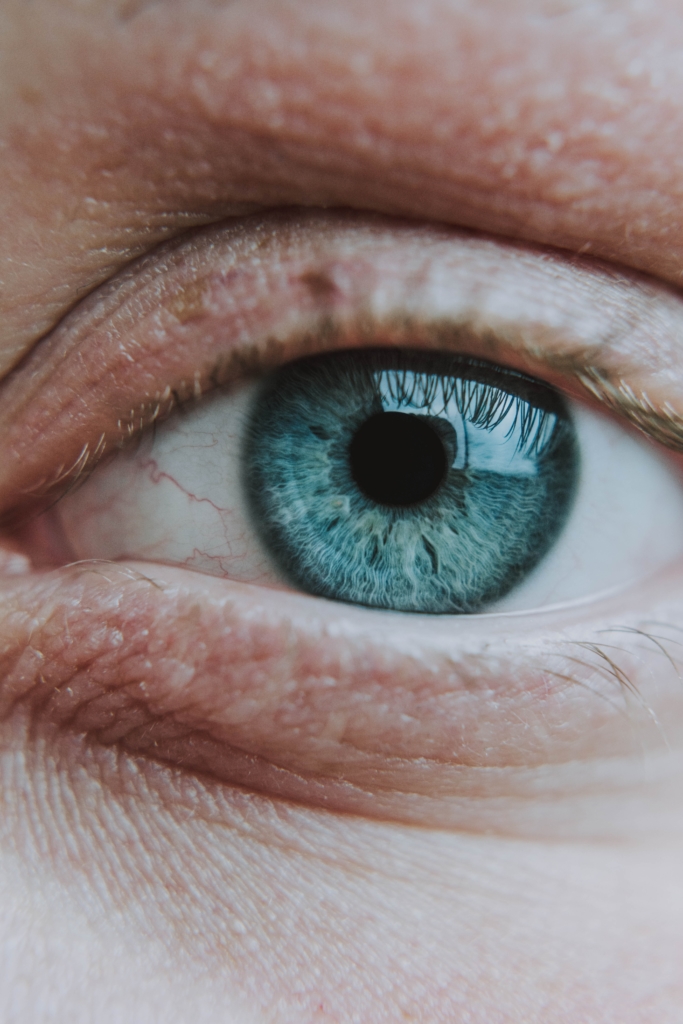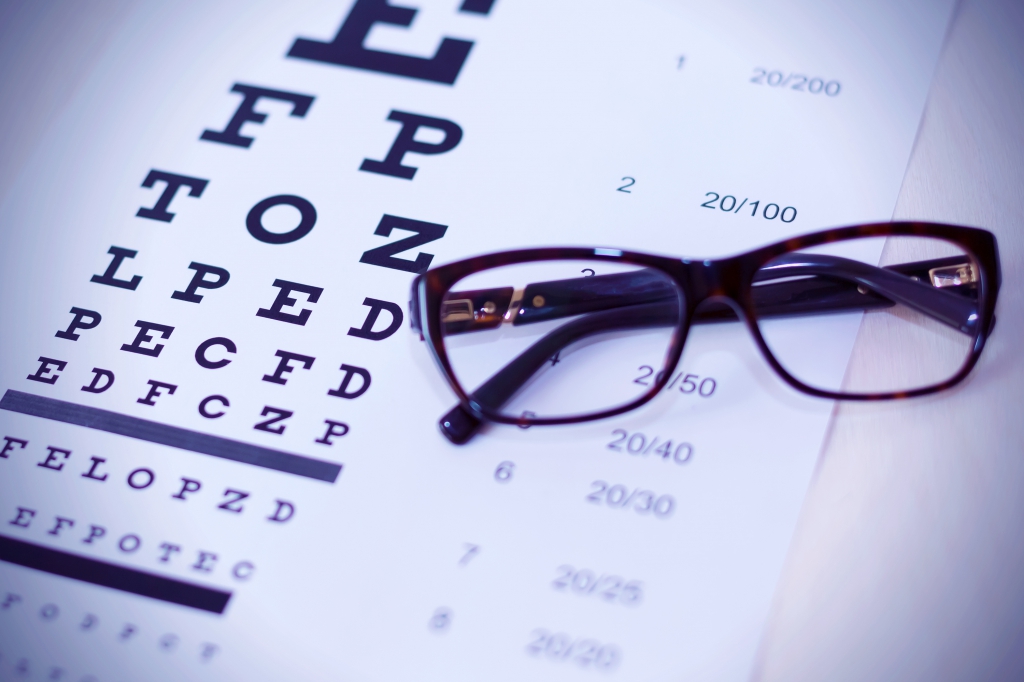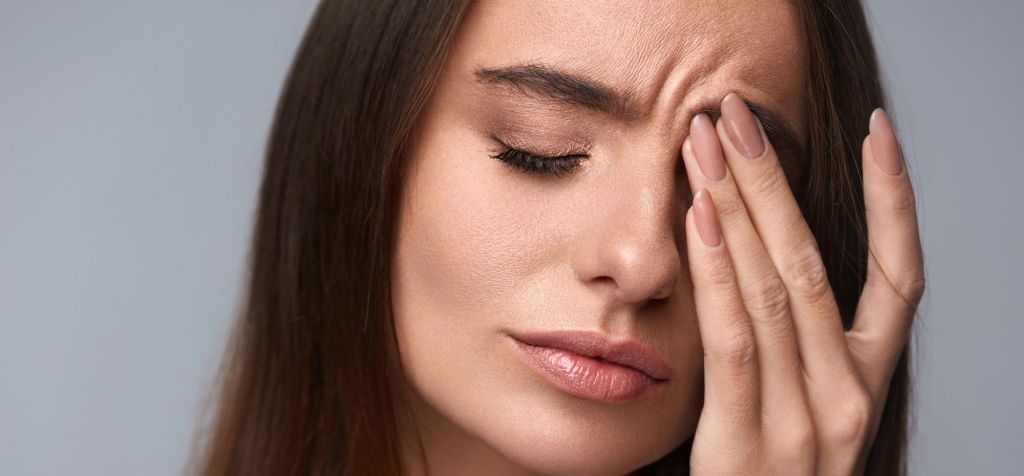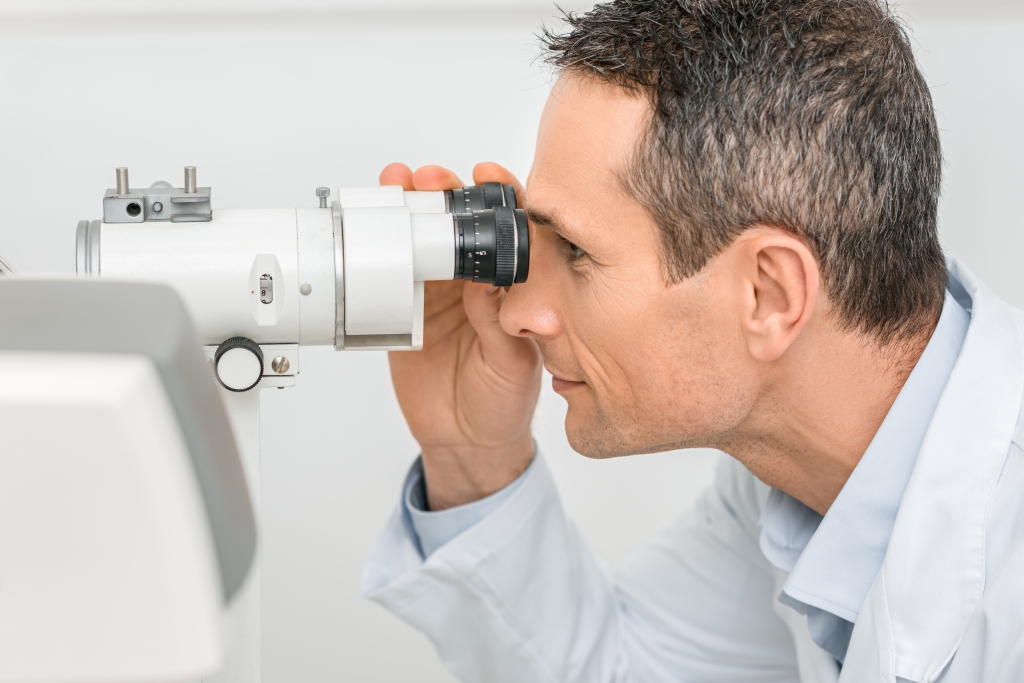Blepharitis
Dry Eye/Blepharitis Syndrome (DEBS) is a chronic inflammatory disease of the eyelids. It can be caused by an overgrowth of normal bacteria living along the lid at the base of the eyelashes. You can get DEBS at any age, but you are more likely to get it if you are older or wear contact lenses. Learn More
